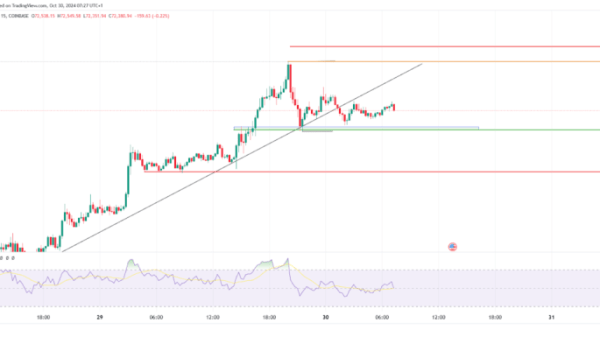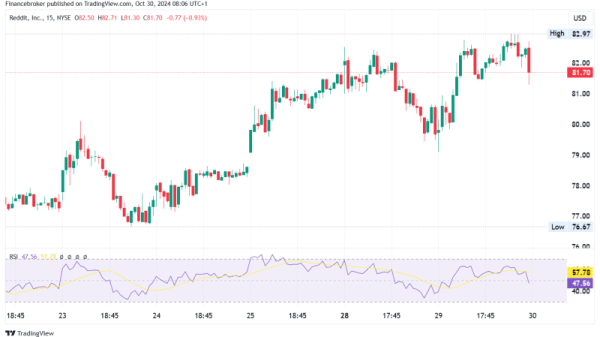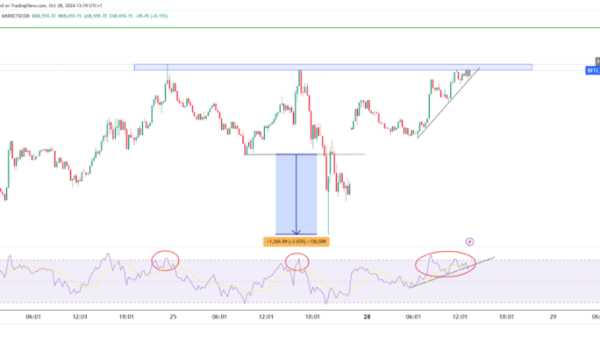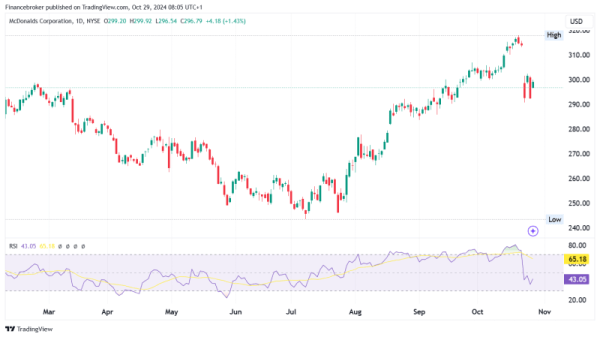BEIJING (Reuters) -China’s manufacturing activity in October expanded for the first time in six months, an official factory survey showed on Thursday, supporting policymakers’ optimism that recent fresh stimulus will get the world’s No. 2 economy back on track.
The official purchasing managers’ index (PMI) rose to 50.1 in October from 49.8 in September, just above the 50-mark separating growth from contraction and beating a median forecast of 49.9 in a Reuters poll.
In a further encouraging sign, the non-manufacturing PMI, which includes construction and services, rose to 50.2 this month, after it dropped to 50.0 in September.
Policymakers are banking that further financial stimulus announced in late September will stabilise China’s $19 trillion economy and kick lending and investment back into gear, as a sharp property market downturn and frail consumer confidence continue to deter investors.
The mood in the manufacturing sector has been depressed for months by tumbling producer prices and dwindling orders. Furthermore, China’s exports, a lone bright spot, faded last month and the economy grew at the slowest pace since early 2023 in the third quarter.
Still, officials are publicly optimistic that this latest tranche of policy support will soon start to make itself felt.
China economists have previously pointed to how sentiment-based surveys often present a gloomier picture than hard data indicators. In the poll, one-in-three respondents forecast factory activity broke back into expansion this month.
In a worrying sign, however, industrial profits recorded the steepest monthly decline of the year in September, data showed on Sunday. The National Bureau of Statistics said that was due to factors such as insufficient demand.
Other recent indicators pointed to increased deflationary pressures and subdued loan demand, raising further red flags over the economic recovery and strengthening the case for even more stimulus to galvanise growth.
China is considering approving next week the issuance of over 10 trillion yuan ($1.40 trillion) in extra debt in the next few years, Reuters reported on Tuesday.
($1 = 7.1301 Chinese yuan)





































